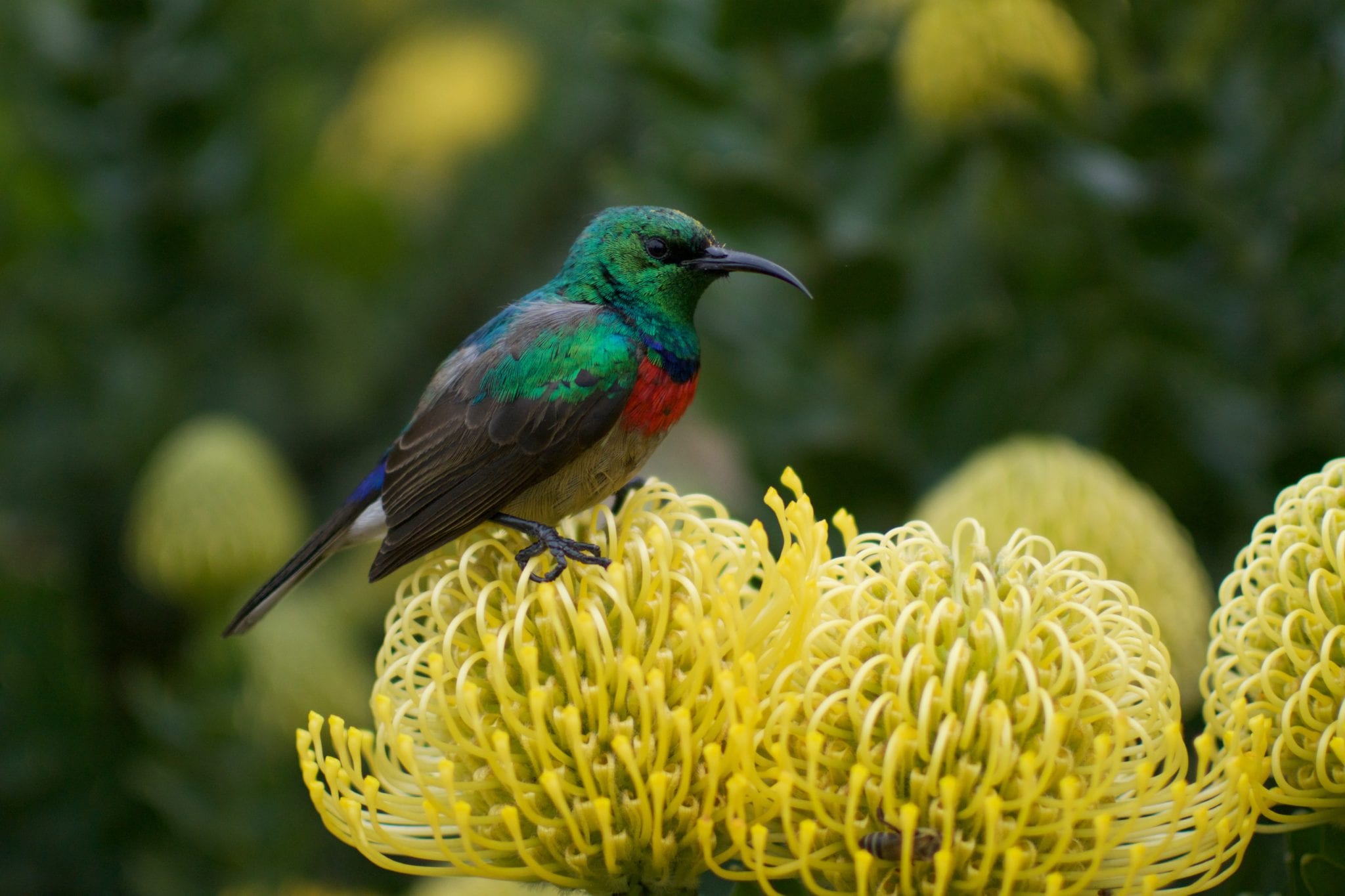‘Save the insects, but do it fast’
Until recently, birdwatchers were not too worried about insect decline. A collective of 70 international scientists published a roadmap for preserving insects in Nature, Ecology & Evolution. They consider short term solutions that need to be taken immediately, and argue extra research and global insects monitoring is necessary on the middle-to-long term.
Ecologist Caspar Hallmann argues that he is hopeful, and that recovery evolves faster than you’d think. In an article in the Dutch newspaper NRC, he mentions ecological agriculture as an effective short-term solution: “One single butterfly sometimes lays up to a few hundred eggs. So if we take the right measures, I am confident that many insect species can be saved.”
Domino effect
Hallmann’s research focused on birds. He found that high concentrations of neonicotinoids have a relation to declining numbers of insect eating passerines. “Nowadays, we know that insecticides not only harm insects that actually eat the plant. They also have impact on seed eating migratory birds. Such birds which eat poisonous seeds start their migration later. Arriving later can be detrimental to their chances of finding a place to breed.” He says it’s a domino effect: first the insects, then the insect eaters, then the raptors. But in order to measure the real impact and trends of declining insects, more data is required.

In the German place of Krefeld, thirty years of data have been collected. Hallmann used this data to calculate the disappearing insect biomass over three decades. But this didn’t account for any details on species decline. Detailed analysis of one species (hoverflies) showed that decline was so extensive that possibly many species are in trouble. In further Dutch research, Hallmann analysed the decline of night moths, ground beetles and caddisflies – showing the same trend. “But still we don’t know much about the Dutch situation.”
Solutions
Hallmann argues that quick actions are vital. Apart from extra research, ecological agriculture and global monitoring, he sees other factors that can offer results soon. “Decreasing light pollution and fragmentation would be a step in the right direction. I am positive about the future, as long as we take the right measures.”
Read on
The joint article can be found (with subscription) on nature.com. Also read this other study by Caspar Hallmann, ‘More than 75 percent decline over 27 years in total flying insect biomass in protected areas’ (2017).
